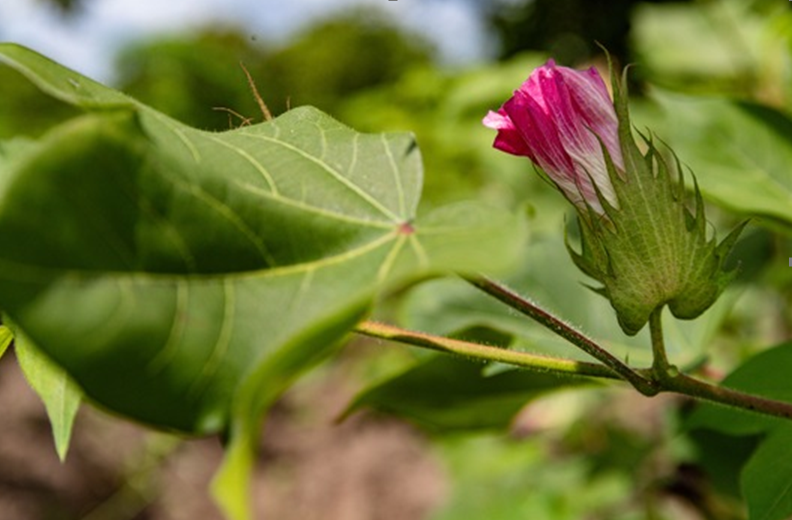Benin is experiencing a significant advancement in its textile industry with the establishment of a new textile production center located south of Cotonou. This center is noteworthy as it ensures that all the cotton produced and utilized is certified by the Cotton made in Africa (CmiA) standard. Gerlind Baz, the senior project manager of Aid by Trade Foundation (AbTF), commented on this development, emphasizing the growing momentum of African textile production and the crucial role that sustainably produced cotton plays in this context. The CmiA standard is instrumental in promoting sustainable cotton farming across Africa, encompassing about 30% of the continent’s cotton output and involving around 900,000 smallholder farmers across 11 countries in sub-Saharan Africa. This initiative not only helps to enhance sustainability in cotton production but also strengthens the livelihoods of farmers by providing them with improved market access.
Benin has committed to the CmiA standards since 2005, signifying a longstanding dedication to sustainable agricultural practices. In collaboration with three significant cotton companies in the country, the AbTF leverages the CmiA and CmiA Organic standards to bolster the market access of cotton producers. This partnership seeks to enhance the resilience of farmers against climate change impacts while simultaneously prioritizing environmental sustainability and biodiversity preservation. The global reach of the CmiA standards is impressive, involving over 2,700 partners throughout the textile supply chain, which illustrates the comprehensive effort to promote ethical cotton sourcing from African nations.
A recent event, the World Cotton Day celebrations, shed light on the positive impact of the CmiA initiatives in Benin. During these celebrations, a delegation from AbTF, along with partners from GIZ and PAN UK, visited the country to witness firsthand how the CmiA project is benefiting local communities. The group conducted a tour of CmiA Organic cotton farms in the Aklampa region, directly engaging with farmers involved in the “Growing Benin’s Organic Cotton Sector” project. This initiative is designed to enhance the living standards of small-scale farmers while facilitating their transition toward organic agricultural practices.
The benefits of the Growing Benin’s Organic Cotton Sector project extend to approximately 45,500 individuals who are indirectly impacted by the initiative. Coordinated by PAN UK and spearheaded by the non-governmental organization OBEPAB (Organisation Béninoise pour la Promotion de l’Agriculture Biologique), the project is further supported by the AbTF and the cotton trading company Paul Reinhart AG. GIZ’s participation in this effort aligns with their broader objectives under the Sub-Saharan Cotton Initiative, which is financially backed by the German Federal Ministry for Economic Cooperation and Development (BMZ). This multi-faceted collaboration highlights the synergistic efforts to promote sustainable practices within the cotton sector while addressing socio-economic challenges faced by local farmers.
On October 8, 2024, the Aid by Trade Foundation convened the first Hamburg Sustainability Conference, which gathered global leaders to engage in discussions surrounding sustainable cotton production. The conference provided a platform for highlighting solutions aimed at mitigating the impacts of climate change on small-scale farmers and the textile industry at large. Such initiatives underscore the growing recognition of the importance of sustainability in cotton cultivation and its associated industries, reflecting the collective commitment to ensuring the well-being of farmers and the environment.
In summary, Benin’s burgeoning textile sector is marked by the establishment of a textile production center that adheres to the CmiA standards, promoting sustainable farming practices. With strong partnerships and ongoing support from various organizations, the initiative aims to enhance the livelihoods of farmers and ensure environmental stewardship. This collaborative effort not only boosts Benin’s cotton industry but also contributes to a broader movement towards sustainable textile production in Africa, serving as a model for similar initiatives worldwide.

